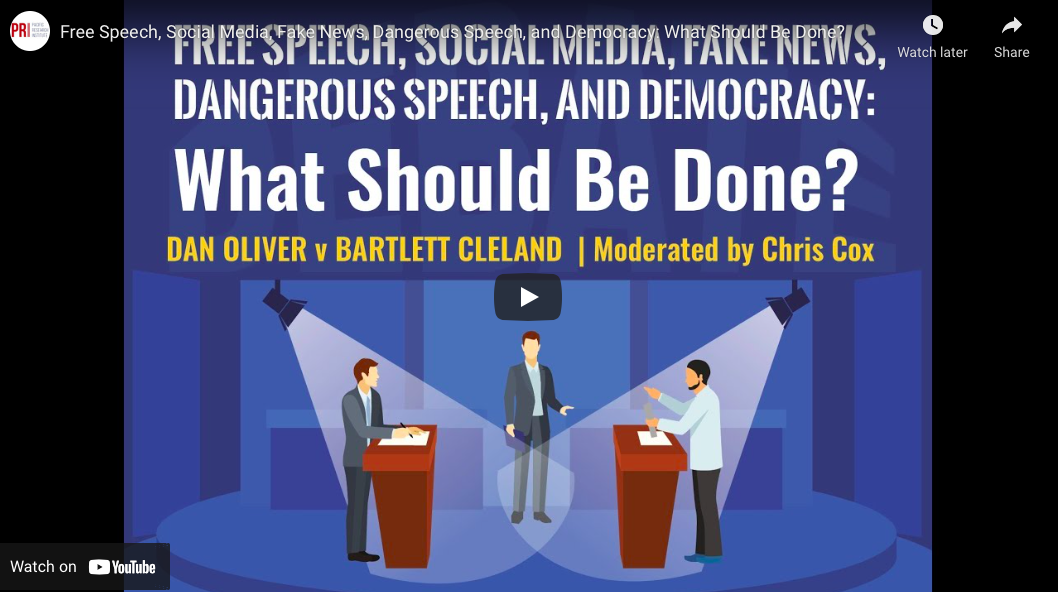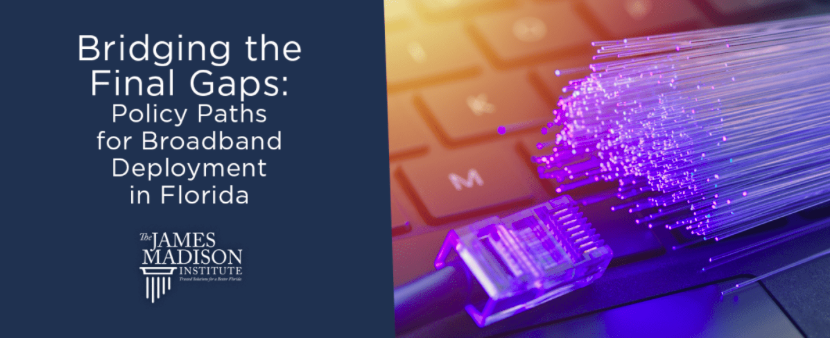Fantasy sports is an industry that’s growing like almost no other. It’s estimated to be a $28 billion market in 2023 and set to grow to more than $50 billion by 2028. Nearly 20% of Americans age 18+ participate in fantasy sports. 20%!
As with all growing industries, innovation is vital to its continued success. But with innovation and growth comes the ever-present threat of government intervention and regulation.
Innovation is the lifeblood of the U.S. economy. A thriving economy depends on a healthy and pervasive innovation ecology across all industries. So, when government directly or indirectly gets in the way, everyone should be concerned.
Computing and sports gaming have a long history of innovation, with computers being used beginning in the early 1960s. More recently, fantasy sports have become increasingly mobile as the computing power that used to take up an entire room can now fit in the palm of our hand. The entire industry has evolved to become one oriented around ease of use, intuition, and convenience.
Sports gambling has grown enormously over the last few decades as, again, technology and innovation have made it more accessible and easier to bet on your favorite team or a risky coin toss. These games of chance depend predominantly on randomness and luck. The gamblers have little to do with the outcome. That uncertainty is the thrill and the appeal. In its simplest form, think of betting lunch with a colleague on the outcome of Monday Night Football.
Something that at first blush may seem similar but is inherently different is fantasy sports. Fantasy sports require skill, insight, assessment, research ability, knowledge, and strategy on the player’s part. The skill of the player directly affects the outcome. Spotting factors that others do not is the thrill of this game, not randomness or luck. The industry’s growth has led to an explosion of new players in this space who want to get in on the action, continue to innovate, and continue to build out new companies and new ideas.
But as is often the case, growth and innovation draw the attention of competitors and government regulators alike. Concerned about the growth of fantasy sports eroding their position in sports betting, some larger, established players are looking to partner with the government to shut out the competition. They want to rig the game by “rent-seeking.” Make no mistake: Innovation and, most importantly, the consumer will suffer.
In economics, “rent-seeking” occurs when companies leverage government to grab a portion of existing wealth or lock in their current market position rather than expending resources, innovating, or otherwise outcompeting others to create their own success. This increases government power as government bureaucracies become the vehicle for gobbling up new or protecting existing market share. Meanwhile, innovation and consumers suffer since government intervention results in an inefficient and unfair allocation of resources, hampering the formation of capital to be invested that would generate further economic growth.
The push is on by those who would slam the door behind them and lock in their position in sports betting. They are actively lobbying across the country, leveraging relationships they have built over the years as a regulated industry. The overt goal is to reverse years of laws and regulations to morph fantasy gaming into gambling. This would force gamers and the fantasy sports industry to labor under extra regulations reserved for those who choose to pursue games of chance rather than those of skill.
States are responding by taking steps to evaluate how government agencies can partner with gaming companies to stop fan-favorite fantasy sports. But the real solution here is simple. Government must not enable those established companies who found success first to build a wall around an entire sector of the economy to preclude competition or innovation.
Games of skill have a different appeal than those games of chance — intellectual challenge versus escapism, outsmarting the field versus the anticipation of an unexpected win. They both have their place, and one is not necessarily better than the other. But conflating the two and subjecting both to identical regulatory burdens fails to protect consumers and serves no one except for government bureaucracies and an entrenched industry trying to snuff out competition.
Bartlett D. Cleland is a research fellow with the Institute for Policy Innovation.
This article was originally published by Sports Business Journal.

Closing the Laboratories Just as They Are Most Needed
In 1932, progressive U.S. Supreme Court Justice Louis Brandeis popularized a phrase regarding the importance of the U.S. system of federalism. As he wrote, “…a single courageous State may, if its citizens choose, serve as a laboratory; and try novel social and...

IEI Signs Coalition Letter Opposing BRIDGE Act
Click to Download Full Letter

IEI Signs Coalition Letter Opposing State Regulations on App Stores
Click Here to Read the Full Letter

Litigation, Patents and the Last Mile for Broadband
Not long ago, when the federal government considered spending on infrastructure, that meant roads, bridges, sewer systems, water pipes and electrical grids. Today, justified or not, information technology infrastructure and broadband are part of the conversation. But...

Is Biden’s Broadband Infrastructure Spending Future-Proofing or Foolishness? (Audio: Podcast)
In discussion with IPI President Tom Giovanetti, Research Fellow Bartlett Cleland discusses the current state of broadband infrastructure and explains why enormous new federal spending on broadband is unnecessary and likely harmful. Click Here to Listen to the...

IPI Policy Basics: What Is Intellectual Property and Why Is it Important? (Audio: Podcast)
In honor of World IP Day, IPI President Tom Giovanetti and Research Fellow Bartlett Cleland discuss why intellectual property protection is important, and why IPI hosts annual World IP Day Policy Briefings. Click Here to LISTEN to the Podcast

IEI Signs Coalition Letter Opposing State Regulations on App Stores
Click Here to Read the Letter

WATCH: Free Speech, Social Media, Fake News, Dangerous Speech, and Democracy: What Should Be Done?
Pacific Research Institute is proud to present a virtual debate on free speech and the role of social media in moderating online content. PRI brings together an unmatched team of experts including former Congressman Chris Cox, one of the original authors of Section...

Industry Helping Government Help People
Businesses, or industry in general, can help the government help people outside of the traditional public-private partnership model. While some may dismiss this help or others may criticize efforts outside of the traditional models, businesses in certain scenarios can...

Bridging the Final Gaps: Policy Paths for Broadband Deployment in Florida
The broadband industry has invested billions of dollars in covering the country with ever faster, ever more ubiquitous broadband. From one generation of broadband to the next, the country continues to benefit from private industry best serving its customers with new...


Recent Comments